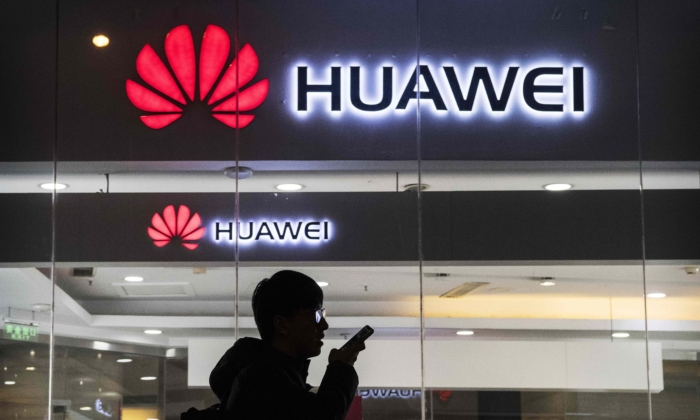The bipartisan leaders of a House committee are asking the Biden administration to take urgent measures to prevent U.S.-sanctioned Chinese telecom giant Huawei from obtaining U.S. chipmaking equipment through its “clandestine network of semiconductor companies.”
Chairman John Moolenaar (R-Mich.) and ranking Democratic member Raja Krishnamoorthi (D-III.) of the House Select Committee on the Chinese Communist Party sent a letter to Commerce Secretary Gina Raimondo on Oct. 16, informing her that Huawei’s semiconductor ambitions “clearly threaten” U.S. national security.
Huawei is attempting to “circumvent restrictions” imposed by the Commerce Department on U.S.-produced semiconductor manufacturing equipment (SME) in building up its chipmaking facilities, the lawmakers wrote….
House Lawmakers Urge Raimondo to Take Action Against Huawei’s ‘Clandestine’ Semiconductor Suppliers

